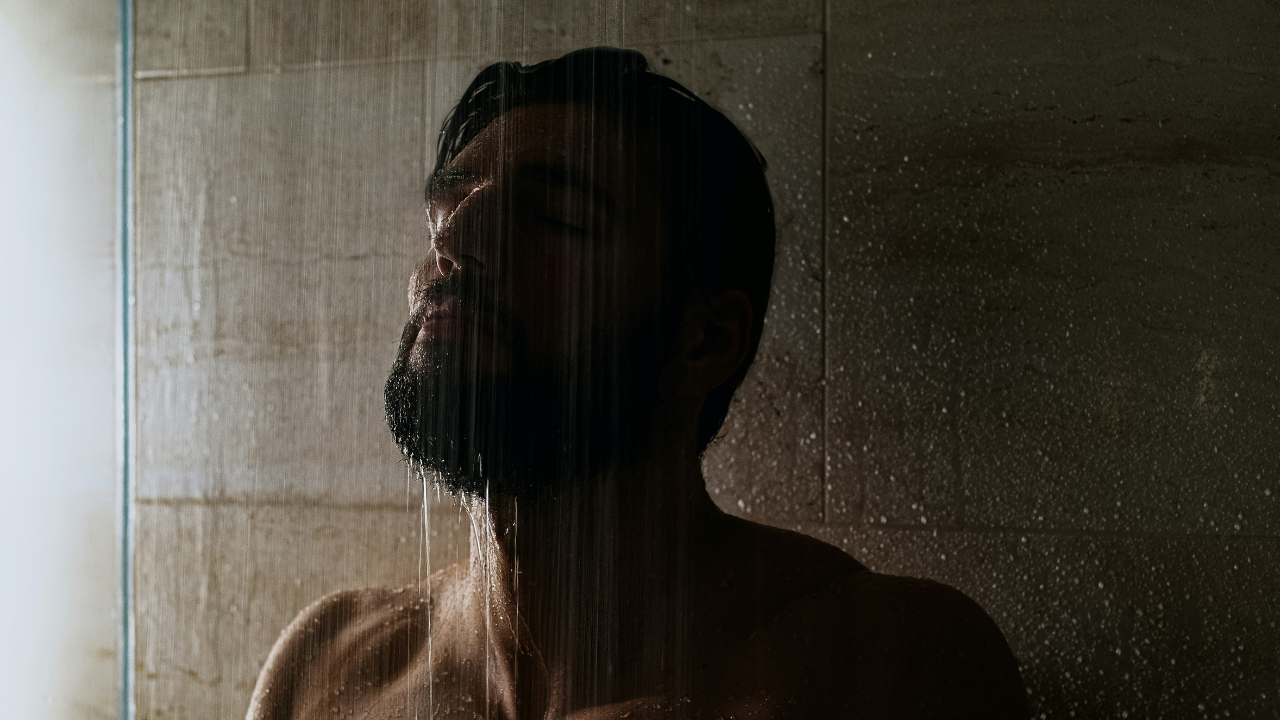Is your hay fever worse at night? There's a reason why
If you shower in the mornings, you should probably think twice


Get all the latest news, reviews, deals and buying guides on gorgeous tech, home and active products from the T3 experts
You are now subscribed
Your newsletter sign-up was successful
If you didn't already know, showering before bed is one of the best things you can do to ease hay fever symptoms. Yes, it's great for keeping bedding fresh and clean, but it can also help to remove pollen and other allergens that have accumulated on your skin throughout the day. If not washed off before bed, these allergens can transfer to your duvet and pillows, exposing you for a prolonged amount of time.
This exposure can aggravate hay fever symptoms that lead to significant discomfort and disrupted sleep. By showering before bedtime, you significantly reduce the allergen load on your body, thereby minimising the risk of transferring these irritants to your sleeping environment.
What happens if you don't shower before bed?
Not showering before bed can lead to increased exposure to allergens when sleeping, resulting in hay fever symptoms such as nasal congestion or severe coughing.
In turn, your sleep will be negatively impacted, especially when it comes to interrupting your circadian rhythm. If continued, your body becomes used to the discomfort and will stop you falling asleep and staying asleep most nights. This will also lead to excessive fatigue during the day, making it hard to concentrate and go about your normal routine.
What else can you do besides showering at night?
1. Change and wash bedding regularly
It's a good idea to wash your sheets, pillowcases and any blankets at least once a week to remove allergens. A hot wash is always a good idea, or you could use hypoallergenic covers for your mattress and pillows to create a barrier.
2. Keep windows closed
Get all the latest news, reviews, deals and buying guides on gorgeous tech, home and active products from the T3 experts
Remember to keep windows closed, especially during high pollen seasons. This will stop any nasties coming in and prevent you suffering from any symptoms. If you get too hot at night, invest in one of the best fans.
3. Use an air purifier
Using one the best air purifiers (especially one with a HEPA filter) can help remove allergens from the air in your bedroom, improving air quality and reducing allergic reactions. Make sure to check out our quiet-approved air purifiers if you're a light sleeper.
Make sure to check out the 5 ways to allergy-proof your bedroom for better sleep and 7 ways to tackle spring allergies at bedtime to find out more.

Lizzie is T3's Senior Staff Writer, covering the latest in smart home, lifestyle and beauty tech. From skincare gadgets to vacuum cleaners, she's your go-to for trends and top recommendations.
When not writing, Lizzie enjoys mooching around Bath, spending time with loved ones, or testing her review units – often during an enthusiastic cleaning spree!